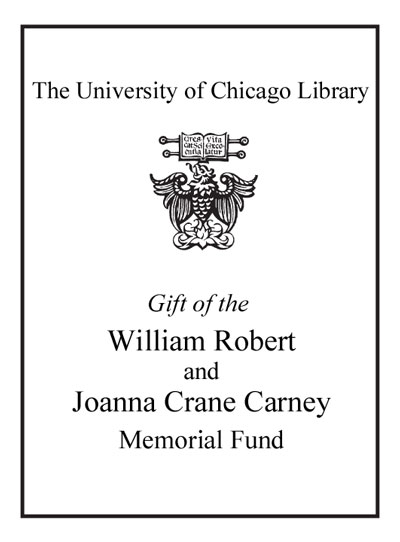Review by Booklist Review
*Starred Review* How did our curious, inventive species go from worshiping nature to destroying it? A creative and visionary ecologist and philosopher, Abram addressed this complex and urgent question in his influential first book, Spell of the Sensuous (1996). In his second provocative, boldly recalibrating blend of stories, reflections, and discoveries, he offers perception-heightening insights into the causes of our disparagement of sensuous reality, or bodied existence, and the disastrous consequences of our increasing detachment from the living world as we funnel our attention to the cyber realm. As Abram identifies underappreciated aspects of our minds and bodies that evolved to enable us to respond with exquisite sensitivity to our surroundings, he tells extraordinary tales of his encounters with wildlife from whales to ravens, illuminates the planet's myriad forms of sentient life, and elucidates the significance of oral culture. In addition to writing with poetic precision about sensory experience his analysis of shadows and life's reciprocity are phenomenal feats of observation and eloquence he also draws on his adventures as an itinerant sleight-of-hand magician and apprentice to indigenous shamans to forge an inspirited physics of being. We can't restore nature, Abram writes, without restorying life, hence his prodigious, transfixing, and rectifying earthly cosmology. --Seaman, Donna Copyright 2010 Booklist
From Booklist, Copyright (c) American Library Association. Used with permission.
Review by Kirkus Book Review
Cultural ecologist Abram (The Spell of the Sensuous: Perception and Language in a More-Than-Human World, 1996) connects with the grandness of Earth through a series of sensuous engagements.The author writes that our distancing from nature may be the result of technological innovations, the evolution of our thinking or the rise of the written word, but it has severely narrowed our perspective, thwarting our instinctive empathy with the living land and allowing for "the spreading consequences of our disregard." Abram is a prestidigitator as well as an environmental philosopher, and he brings the magician's sense of mystery and playful surprise to these experimental and improvisational forays into an unfolding Earth. In writing both energetic and lapidary, he relates his own elemental engagements with various places. These encounters are strange and gladdening, participatory moments when the spontaneity and sentience of every aspect in the perceptual field is given due respect: "one cannot anticipate the shifting mood of a winter sky if one denies that the sky has moods." Pure enthusiasm drives Abram to explore the yearning of our body for the larger body of Earth, the exigent art of place-sensing, or the curious zone between the shadow and shadow-maker, and the biggest 3-D shadow of all, night. This is not a unified theory of the experiential, and there is no need to take Abram wholesale; these are personal revelations with splendid nuggets to pick and choose among. Readers may not relate to synergisms like "I stepped closer to better inhale their color with my eyes," but his celebratory embrace of all that surrounds him is refreshing in the extreme.The author is an inspired force who invites the neglected yet ever-present serendipities of the natural world to show themselves.]] Copyright Kirkus Reviews, used with permission.
Copyright (c) Kirkus Reviews, used with permission.
Review by Booklist Review
Review by Kirkus Book Review

